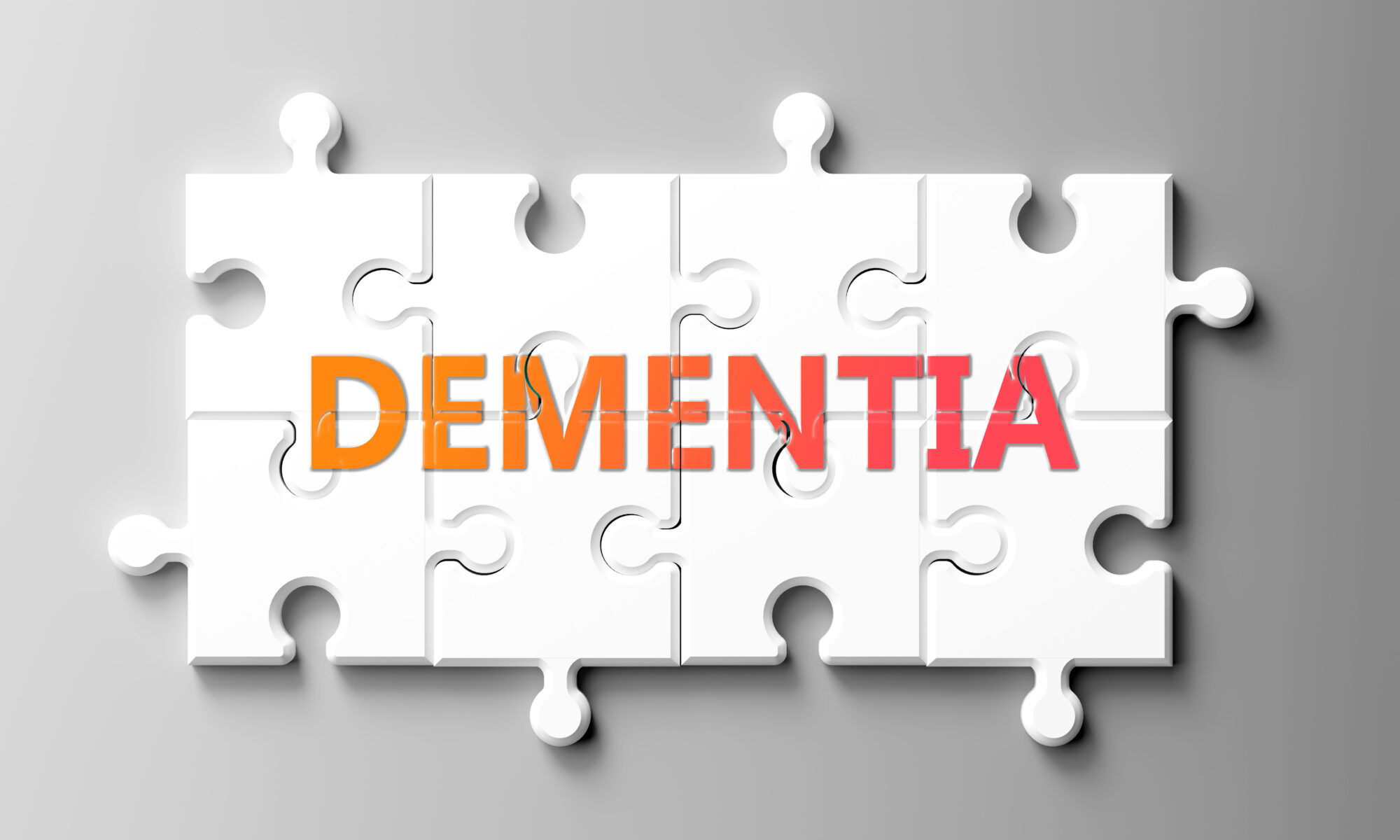Table of Content
- 1 What Is Dementia?
- 2 Common Causes of Dementia
- 3 What Is Alzheimer’s Disease?
- 4 Key Characteristics of Alzheimer’s
- 5 Core Differences Between Dementia and Alzheimer’s
- 6 Definition
- 7 Symptoms
- 8 Causes
- 9 Reversibility
- 10 Diagnosing Dementia and Alzheimer’s Disease
- 11 Cognitive and Memory Tests
- 12 Imaging Tests
- 13 Biomarker Testing
- 14 Treatments and Management Strategies
- 15 Medications
- 16 Lifestyle Adjustments
- 17 Support for Caregivers
Dementia and Alzheimer’s disease are often used interchangeably, but they aren’t the same thing. While there’s overlap between the two, they differ in definition, cause, and symptoms. Understanding these differences is crucial for proper diagnosis and treatment.
What Is Dementia?
Dementia isn’t a specific disease but rather an umbrella term for a range of cognitive impairments. It refers to a group of symptoms that affect memory, thinking, reasoning, and social abilities severely enough to interfere with daily life. Dementia can result from several underlying conditions, including Alzheimer’s disease, Parkinson’s disease, vascular issues, and more.
Common Causes of Dementia
- Alzheimer’s disease (the most common cause of dementia)
- Vascular dementia (caused by reduced blood flow to the brain due to strokes or other vascular issues)
- Lewy body dementia (linked to abnormal protein deposits in the brain)
- Frontotemporal dementia (related to degeneration in the front and sides of the brain)
It’s important to note that dementia is a symptom, not a standalone diagnosis.
There are a variety of age-related health conditions that can make it more challenging for seniors to live independently. However, many of the challenges they face can be easier to manage if their families opt for professional home care. Richmond families can rely on expertly trained caregivers to keep their loved ones safe and comfortable while aging in place.
What Is Alzheimer’s Disease?
Alzheimer’s disease is one specific type of dementia and is the leading cause of dementia worldwide. This progressive neurodegenerative disorder primarily affects the areas of the brain responsible for memory, thought, and language. It gradually worsens over time and is most commonly diagnosed in older adults.
Key Characteristics of Alzheimer’s
- Formation of plaques and tangles – Alzheimer’s is associated with the buildup of amyloid plaques and tau tangles in the brain, which disrupt brain cell communication.
- Progressive decline – Symptoms start with mild memory loss and confusion and can advance into severe cognitive and physical impairments.
- Irreversible damage – Unlike some forms of dementia caused by treatable conditions (e.g., vitamin deficiencies), Alzheimer’s cannot be cured at this time.
If your elderly loved one is living with a serious medical condition and needs help managing the tasks of daily living, reach out to Home Care Assistance, a senior home care agency you can trust. Our caregivers are available 24/7, there are no hidden fees in our contracts, and all of our in-home care services are flexible and can be cancelled if you’re not fully satisfied.
Core Differences Between Dementia and Alzheimer’s
Though they’re related, dementia and Alzheimer’s differ in several key ways. Here’s a breakdown for clarity:
Definition
- Dementia – A general term for a decline in mental ability
- Alzheimer’s – A specific disease under the dementia umbrella
Symptoms
- Dementia – Symptoms vary widely depending on the cause and include memory loss, difficulty communicating, poor judgment, and disorientation.
- Alzheimer’s – Primarily features memory loss and progressively worsens with additional symptoms like difficulty performing daily tasks, personality changes, and confusion.
Causes
- Dementia – Can stem from many conditions, including Alzheimer’s, strokes, or head injuries.
- Alzheimer’s – Results from abnormal protein buildups in the brain.
Reversibility
- Dementia – Some types, like those caused by medication side effects or treatable conditions, may be reversible.
- Alzheimer’s – Is irreversible and progressive.
Diagnosing Dementia and Alzheimer’s Disease
Proper diagnosis is essential for treatment and management. Physicians use a combination of medical history, cognitive tests, brain imaging, and sometimes biomarker tests to identify the underlying cause.
Cognitive and Memory Tests
- Screening tools like the Mini-Mental State Examination (MMSE) are used to assess memory, attention, and problem-solving abilities.
Imaging Tests
- MRI and CT scans detect structural issues in the brain, such as tumors, strokes, or atrophies linked to dementia and Alzheimer’s.
Biomarker Testing
- Specific biomarkers like amyloid or tau proteins may support an Alzheimer’s diagnosis.
Blood Tests
- These can rule out reversible causes of dementia, such as vitamin B12 deficiency or thyroid dysfunction.
Treatments and Management Strategies
While there’s no cure for Alzheimer’s and some other types of dementia, treatments can help with managing symptoms and boost quality of life.
Medications
- Cholinesterase inhibitors, such as donepezil, can slow symptom progression in mild or moderate dementia.
- Memantine can be used for more severe stages and regulates glutamate activity in the brain.
Lifestyle Adjustments
- A healthy diet, regular exercise, and cognitive training can delay progression in certain types of dementia.
- Creating a calm, structured environment can improve day-to-day life for individuals with Alzheimer’s.
Support for Caregivers
- Caring for someone with dementia or Alzheimer’s can be overwhelming. Access to support groups, counseling, and respite care services is vital for caregivers’ wellbeing.
If you’re looking for reliable dementia care, Richmond Home Care Assistance offers high-quality at-home care for seniors who are managing the challenges of cognitive decline. Our caregivers can provide mentally stimulating activities to boost cognitive health in the elderly, which has proven to help seniors with dementia regain a sense of pride and accomplishment and learn how to engage with others in an enjoyable way. Give us a call today at (804) 207-4746 to learn more.
